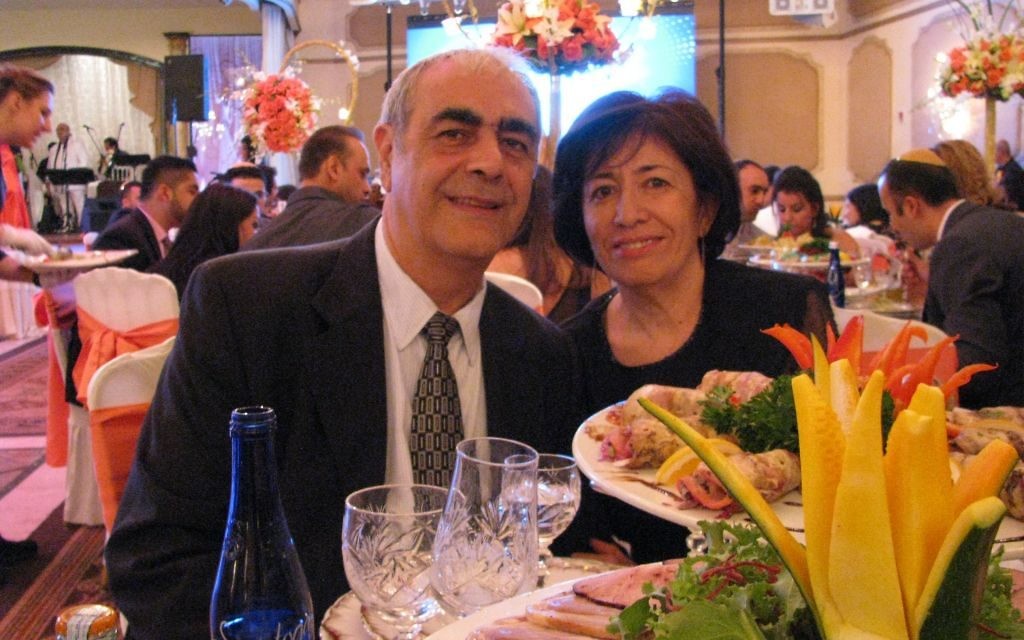Passover Helps Preserve Bukharan Culture
In Uzbekistan, then part of the Soviet Union, Judaism was forbidden
Strong ethnic roots and customs have kept Sophia Babayev’s love of Judaism and Bukharan heritage unbroken in the 28 years since she left Uzbekistan.
Babayev and her family were among the first Bukharan Jews to arrive in Atlanta on July 4, 1989, with the help of the Jewish Federation of Greater Atlanta. They were hosted for a week before other families arrived from Tajikistan.
In Uzbekistan, then part of the Soviet Union, Judaism and other forms of religious worship were forbidden. Preparation for Passover was performed behind closed doors for fear of persecution.
Get The AJT Newsletter by email and never miss our top stories Free Sign Up
“We had to be careful because our neighbors held anti-Semitic views of us, such as pouring blood in the matzah,” Babayev said.
As a little girl, Babayev worked alongside her grandmother and other girls in the community to prepare for Passover each year. Because vegetables and kosher meat were expensive and various food items were scarce, everything was prepared by hand.
“I learned to make matzah by the time I was 11,” Babayev said.
While the women were tasked with baking the matzah, the men were in charge of the dough.
“Everything had to be prepared in a single day, and it was very hard for my grandmother, as she stood in front of a terracotta oven from morning to night,” Babayev said.
Upon arriving in Atlanta, Babayev and her family were introduced to different synagogues and felt that Congregation Beth Tefillah was the right fit. (A thriving Bukharan congregation, Beit Yitzhak, operates in Norcross, where much of the community settled.) Although she is heavily immersed in the Ashkenazi community now, she is proud to prepare and serve traditional Bukharan dishes for Passover.
Among them are a soup known as maso dyushak, cooked with meat and beaten eggs; kovov rugan, which includes chicken pieces with potatoes cut into french fries; and bakhsh, a type of pilaf rice with cilantro, cooked in a cotton bag. For dessert, Babayev enjoys making carrot preserves cooked with sugar cubes because granulated sugar was considered chametz in Uzbekistan.
“During my first Pesach in America, I was surprised at the abundance of processed food available. There were so many items, including candy, which was something we did not have back home,” Babayev said.
Although she is half a world away from Uzbekistan, Babayev said she is “proud to be Jewish and carry my Bukharan traditions. I believe it is important to preserve one’s identity because without it we could one day disappear.”






comments